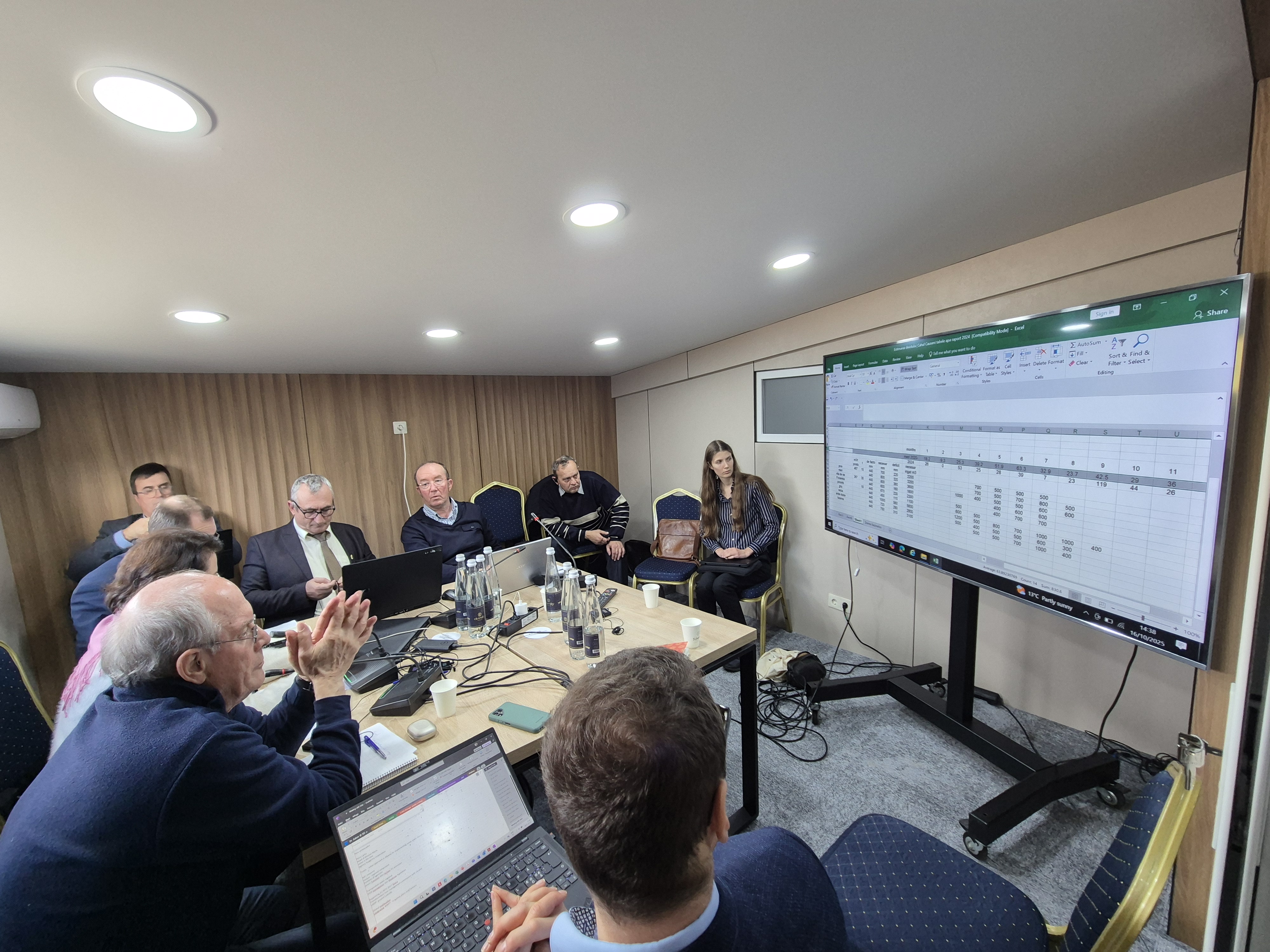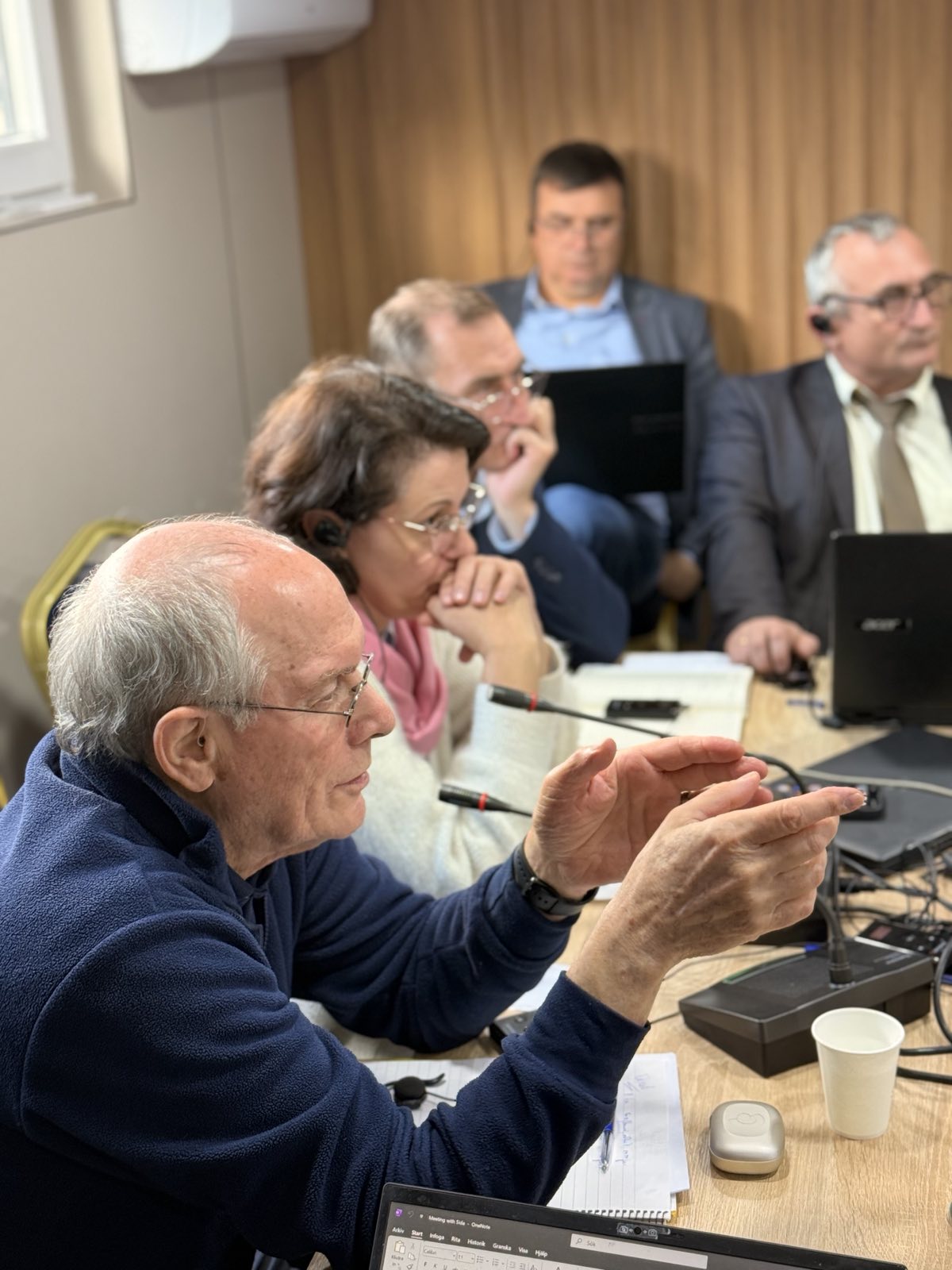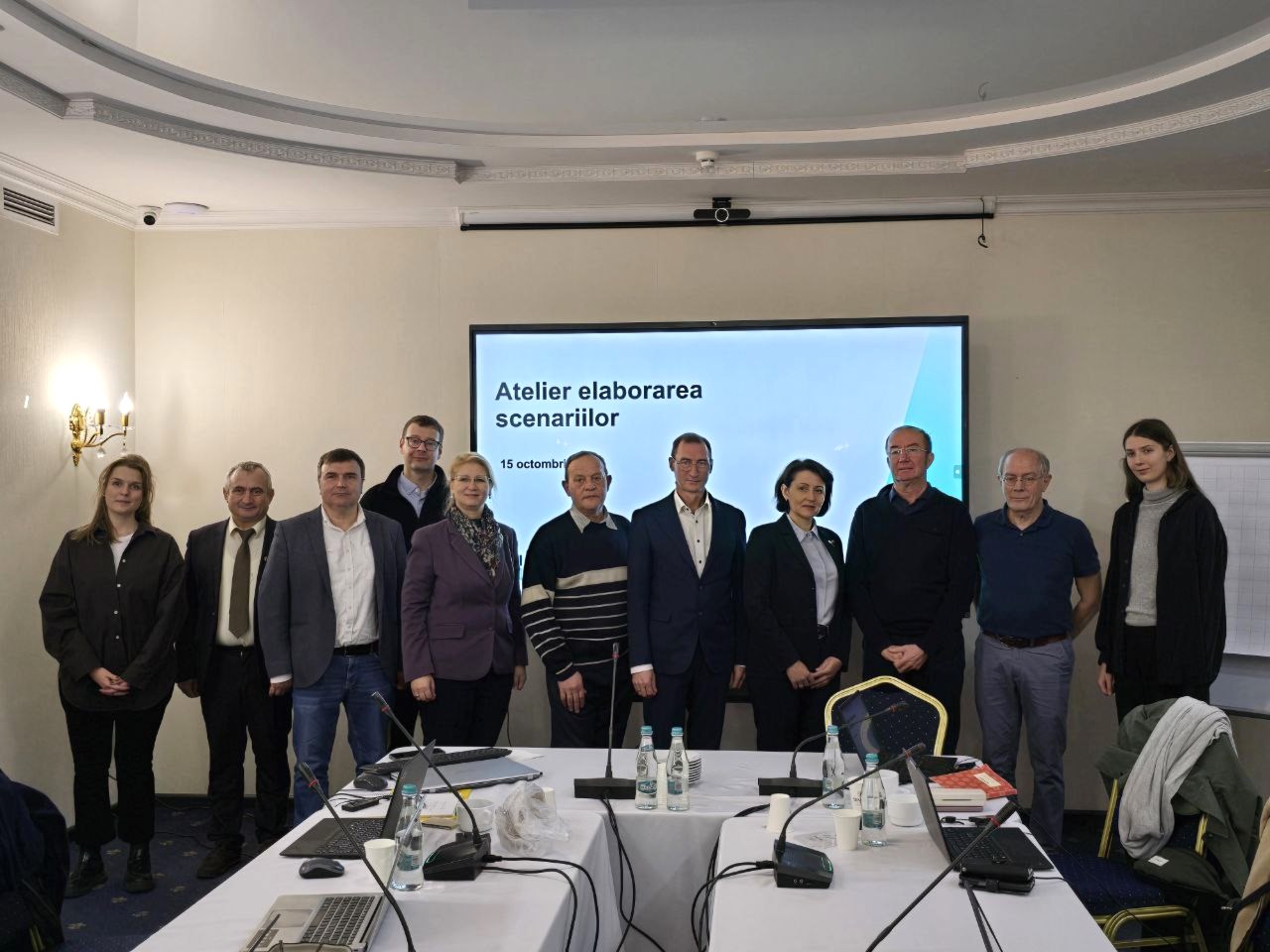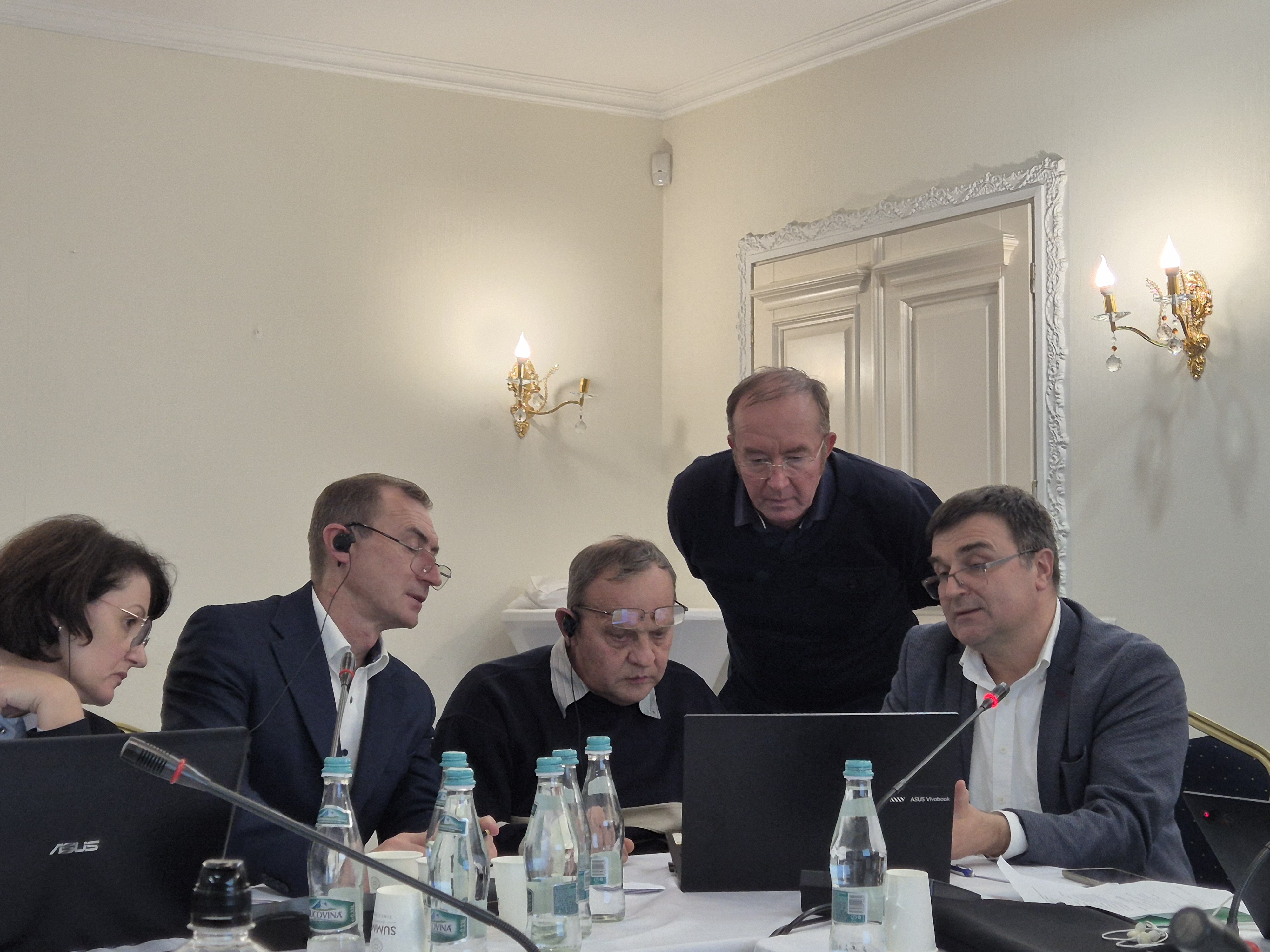SEI supports Moldova in developing scenarios for resilient agriculture through wastewater reuse

A Stockholm Environment Institute’s (SEI) mission under the Green Agenda for Moldova project, funded by Sweden through the Swedish International Development Cooperation Agency (Sida), convened national experts from multiple sectors in Chișinău to further advance the study on treated wastewater reuse in agricultural irrigation in Moldova.
Why this matters for people and the economy
· More reliable harvests and incomes: Supplemental irrigation during dry spells can help farmers protect yields, stabilise rural livelihoods and local food supplies.
· Health and safety first: The project aligns with EU standards to ensure water quality, crop safety and public health protections are built in from the start.
· Smart use of every drop: Reusing treated water eases pressure on rivers and groundwater, strengthening water security as droughts intensify with climate change.
· Accelerating EU accession: By advancing the legal transposition of EU rules on water reuse (Regulation (EU) 2020/741), Moldova moves closer to EU environmental and public health standards.
The mission launched the scenario‑building phase of the study following the completion of baseline data collection. Technical workshops focused on three pilot locations - Căușeni, Cantemir and Cahul - reviewing wastewater treatment performance and volumes, current irrigation practices, local crop patterns, environmental data and stakeholder engagement, including farmers interested in using treated wastewater. The team also agreed on priority sampling parameters to underpin a robust risk assessment.
“Using these data, the team of experts has developed a scenario tool based on rainfall, crop water needs and irrigation deficits to design realistic options for wastewater reuse - estimating what areas of farmland can be supported with this new supplemental irrigation source during dry periods and identifying target crops. The potential here is to produce a methodology for Moldova to help develop water circularity between the urban centres and local agriculture, a key step in dry season climate adaptation, while providing critical irrigation to improve food security,” said Arno Rosemarin, Principal Investigator for the study. “Further work will include cost‑benefit analysis and environmental and public‑health risk assessment.”
The SEI team met with the Ministry of Environment and the Swedish Embassy in Chișinău to review progress, align next steps and discuss legal transposition of the acquis communautaire. In discussions with Sida, SEI highlighted how wastewater reuse can serve as a practical climate adaptation and food security measure and explored ways to build on results to continue supporting Moldova’s EU accession pathway. An exchange meeting with the EU4Green Recovery East programme initiative also identified areas for collaboration.
A strong national team drives the work
The workshops brought together Moldovan experts in agriculture, water resources and irrigation, wastewater treatment and water supply. Their combined knowledge of local conditions is ensuring that the scenarios are realistic, cost‑effective and safe for people and nature.‑effective and safe for people and nature.
What happens next
· Location‑specific scenarios for safe reuse, including storage needs and delivery options
· Cost–benefit analysis for water reuse in the three target sites: Căușeni, Cantemir and Cahul
· Environmental and public health risk assessment and benefits for climate adaptation
· Continued alignment with Regulation (EU) 2020/741 and related acquis to support Moldova’s EU accession efforts
By turning science into practical options on the ground, Moldova is showing how circular water solutions can support farmers, and power a just green transition while also protecting human health
About the project
The wastewater reuse in agricultural irrigation study is part of the Green Agenda for Moldova and is funded by Sweden through Sida. It builds on earlier SEI work that identified the potential of treated wastewater reuse to enhance water security, climate resilience and EU alignment across Moldova.


.jpg)

.jpg)
